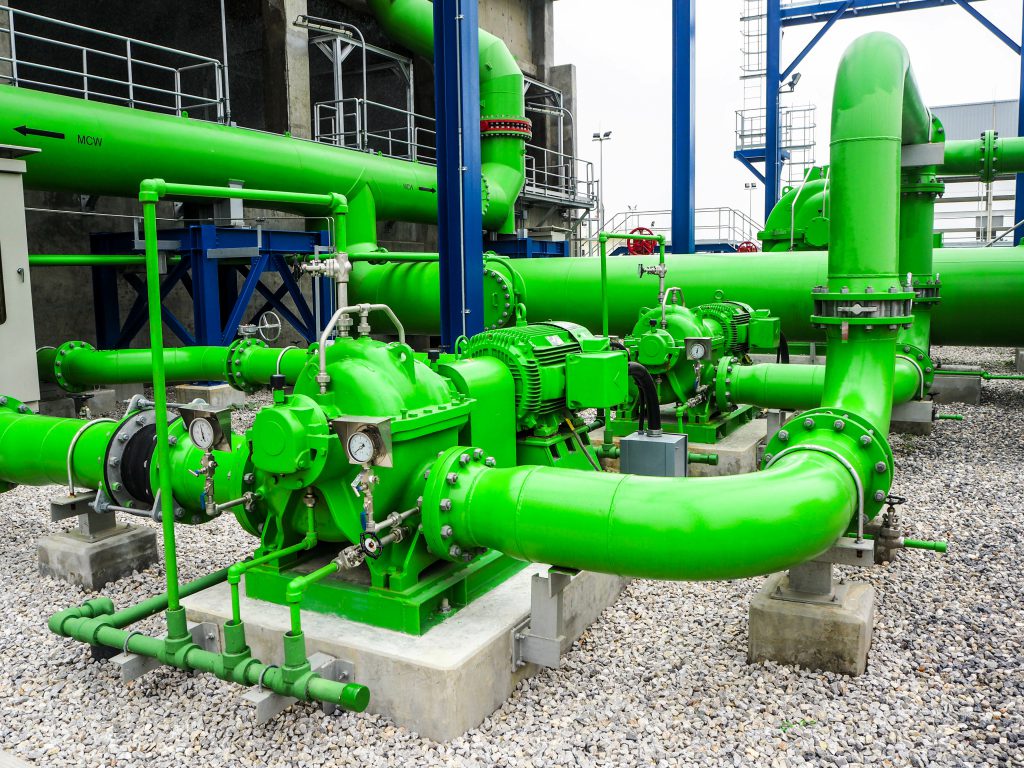7 Industries That Benefit From Diaphragm Pump Technology

A diaphragm pump is a positive displacement air-powered pump that uses the alternating movements of rubber, thermoplastic, and valves on both sides of the diaphragm to pump a fluid. The technology has multiple advantages that make it versatile for various applications in different sectors that need to transfer a large volume of fluid and other viscous substances.
The diverse characteristics of diaphragm pump technology, on the control, measurement, and filtering of flows make them ideal for application in various industries. Most companies adopt this type of technology because its beneficial in many ways. For one, diaphragm pumps are the most versatile pumps in the world; hence, they can handle a wide range of viscosity that’s both caustic and abrasive.
Nowadays, there are various solution providers, such as KNF USA, that specialize in the development, design, production, and distribution of diaphragm pumps and systems for handling gases and liquids.
Here are the different industries that benefit from diaphragm pump technology:
- Water Treatment Industry
Water treatment operation and purification involve the application of different variables that may affect the operating environment. The processes involve the management of untreated wastewater, clearing contaminated water, and managing hazardous wastes.
Diaphragm pump technology is best suited to handle such operations due to its versatility and robustness to withstand aggressive solvents and dangerous chemicals used during water treatment. Additionally, diaphragm pumps are suitable for wet conditions since they can run dry without electric power.
- Food And Beverage Industries
Food and beverage industries require the highest standards in terms of hygienic conditions. Diaphragm pumps offer an optimal solution for the safety measures and regulations needed in such sectors.
Diaphragm pump technology makes it possible to transfer ingredients necessary for food production from one point to another, sans contamination. The materials in the diaphragm pumps are fully equipped to prevent episodes of contamination in all stages.
- Chemical And Petrochemical Industries
In chemical factories, substances used should be handled correctly because they can be dangerous and cause system failures, resulting in extra costs in the aftermath of a spill. Luckily, diaphragm pump materials are configured to handle harmful acids that could be corrosive, and dangerous to workers and the environment, and which could jeopardize public safety.
Furthermore, since the technology is based on compressed air, it’s suitable for use in chemical processing plants because of the reduced risk of ignition and possible explosion.

- Pharmaceutical Industry
The pharmaceutical industry requires incredibly accurate measurements in its operations, which the diaphragm pump technology offers. The sector needs this technology in many crucial ways.
The self-priming capacity of the pump allows the process to be done in dry conditions, which is suitable for the industry. The diaphragm pump can also adapt to highly variable processes, which leads to a high level of hygiene, maintains a high standard of containment, and avoids cross-contamination in the filtration and separation process.
- Construction Industry
Diaphragm pumps aren’t only efficient, but also durable, easy to clean, and can withstand weight and abrasions from heavy machinery used in construction sites. The pump makes the job run faster due to its flexibility and simplicity, even on challenging conditions.
- Dairy Industry
Diaphragm pumps are ideal for various applications in the dairy sector. These applications include drum emptying, transferring raw materials, filling machines, mixing, dosing, etc. The versatility of the pumps makes them suitable for pumping different types of fluids, like yogurt, cream, and margarine.
These pumps have internal flow-through, which prevents the clogging of substances. The fluids flowing through them are pumped gently to avoid damage, especially to sensitive dairy products. Moreover, the self-priming feature of such pumps enables them to draw up liquid even when the hose is installed above the liquid level. This means that the physical placement of the pump isn’t restricted, and it completely empties the container. Additionally, the pump can run dry without damage if the fluid runs out.
- Oil And Gas Industry
Diaphragm pump technology is used in the oil and gas industry during the upstream and midstream of refining crude oil to pull oil into the refinery chamber. This is done by employing both the diaphragm and the valve.
When pressure is pumped into the chamber, the volume of the room decreases, resulting in the fluid pouring in. The liquid is then poured out when the diaphragm deflates. The diaphragm returns to its original position once the fluid has cleared the chamber, letting another new fluid enter the section.
Conclusion
There’s a variety of pump and motor combinations that exist in different industrial setups. However, diaphragm pumps are more reliable, efficient, and versatile than the rest.
With the wide choice of pump materials, sizes, and capacities, it’s important to consult different manufacturers and suppliers on the most suitable pump for a given application.




